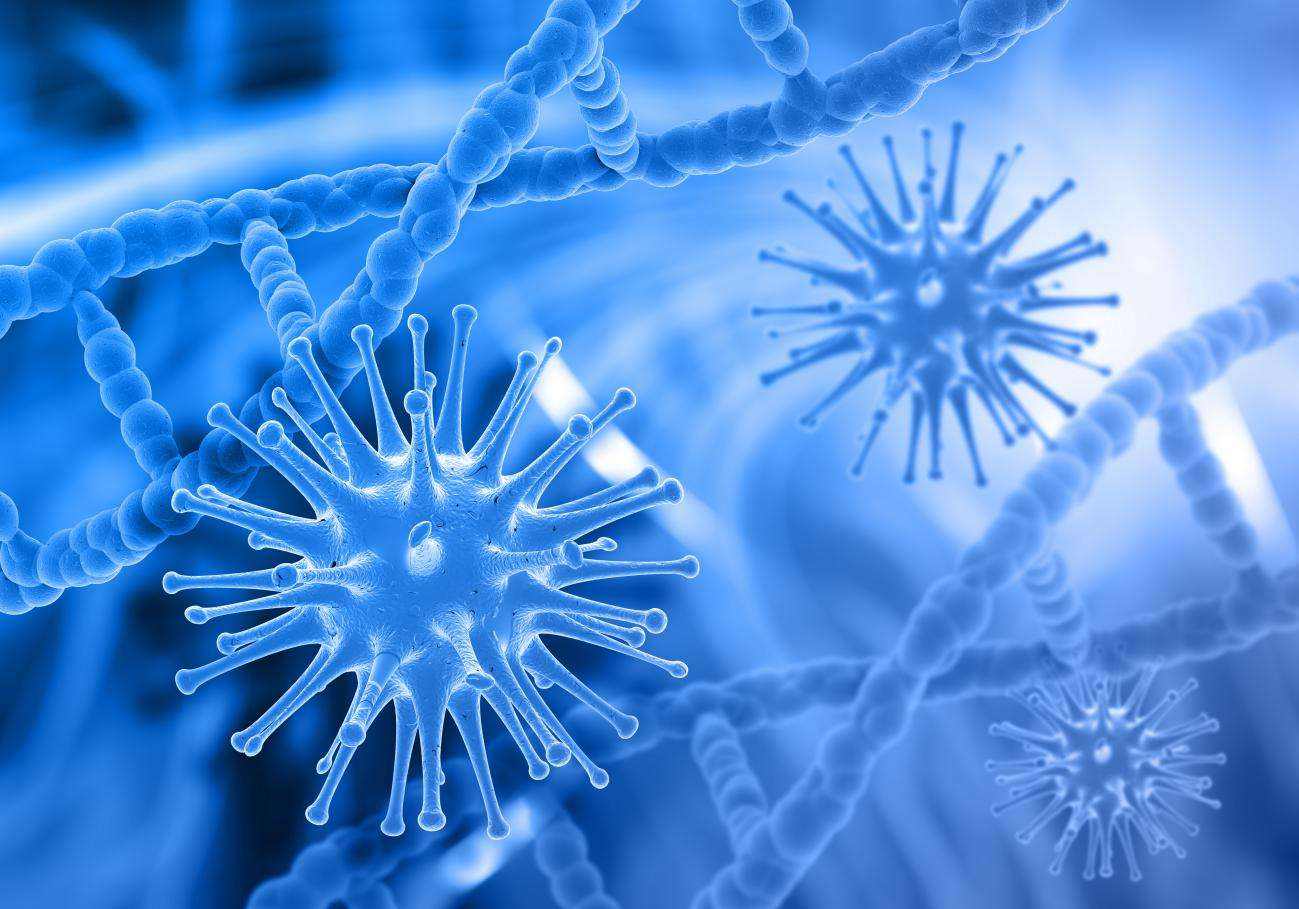Monoclonal antibody drugs, the full name is also known as monoclonal antibody drugs. As the name suggests, these drugs are closely related to the body’s own antibodies. It turns out that when the antibodies in the human body fight against tumor cells, B lymphocytes continuously synthesize a large number of antibodies. However, compared with tumor cells that self-replicate and proliferate indefinitely, the number of self-replication of B lymphocytes is limited. As a result, the number of antibodies produced by limited B lymphocytes is far from being able to fight against more and more tumor cells.
At this time, it would be a perfect result if immortalized tumor cells could help synthesize antibodies against B lymphocytes. Thus, intelligent human beings integrate cells from two seemingly opposing camps.
Antibodies have the characteristics of strong specificity, diversity of anti-tumor types, and targeted anti-tumor properties. Is it foolproof as long as the antibodies are produced in large quantities in vitro and then injected into the body?
Traditional antibody drugs are based on this idea. However, on the one hand, the antibodies secreted by B lymphocytes are not pure, and if they are rashly injected into the human body, it will cause allergic reactions and threaten life; on the other hand, even if the antibodies can reach and bind to tumor cells, they are relatively large and cannot penetrate across tumor cell membranes. Antibodies in the body rely on the immune response effect to induce CTL cells to secrete granules in the cytoplasm to kill tumor cells. The binding of antibodies to tumor cells is prone to off-target failure. Even, antibodies can help the evil, prompting tumor cells to metastasize elsewhere.
Scientists have thought, can antibodies be used as a means of transportation? Because they have a particularly strong ability to track tumors, they are not afraid of failing to reach tumor cells. Small molecule drugs are placed in the transport vehicles, and the drugs can smoothly pass through the cell membrane, enter tumor cells, and kill tumor cells. In this way, antibody conjugates came into being.
Antibody conjugates well inherit the targeting characteristics of traditional antibody drugs and the cytotoxicity of small-molecule drugs, while avoiding their shortcomings well. In the process of fighting against tumor cells, the antibody conjugate first binds to the tumor cells, and then the small molecule drug carried by it enters the tumor cells and plays a killing effect. Due to the combined effect, the medication can be effectively reduced and the accompanying side effects can be alleviated.
At present, antibody conjugates have successfully occupied the most important position in the research and development of anti-tumor drugs, and it is believed that more and more monoclonal antibody drugs will appear in the near future.









